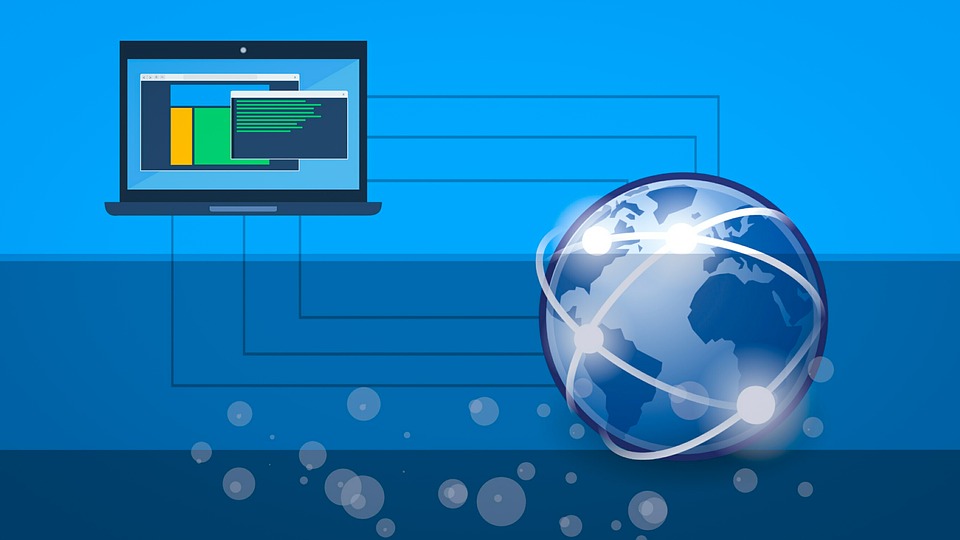What is The Difference between Private and Public IP addresses?
An IP address is a special numerical ID given to every Internet-connected device. Both public and private IP addresses can be used in a local area network and on the Internet, respectively (LAN).
Your online behavior is more private and safe if you understand the differences between a public and private IP address.
What is a private IP address?
An internal network uses a set of private IP addresses that are not accessible from the internet. Network equipment, such as routers, use network address translation to provide private IP addresses.
A device can be identified by its Internet Protocol (IP) address on the internet or within a local network. Information can also be exchanged between devices on a network thanks to IP addresses.
Most users are aware of what an IP address is, but many are unaware that there are two different types of IP addresses. Both public and private IP addresses are listed here. Both are crucial in enabling consumers to access the internet. Devices on the same network can communicate with one another using private IP addresses without using the internet. Private IPs work to increase security within a particular network, such as the one in your house or place of business, by making it more challenging for an outside host or user to connect. Because of this, you can print documents from your home printer via a wireless connection, but your neighbor is unable to unintentionally transmit files to your printer.
What is a Public IP Address?
Your internet service provider gives your network router a public IP address so that it may be reached via the internet (ISP). Your personal device has a hidden private IP address that is used when you connect to the internet using the public IP address of your router.
Utilizing a public IP address to connect to the internet is comparable to using a P.O. box for mail delivery rather than disclosing your home address. Although it’s much more obvious, it’s a little safer.
Final Thoughts
To communicate with computer equipment over the internet, IP addresses are necessary. IT facilitates knowledge acquisition and easy access to services. Depending on the services and usability, IP addresses vary.
Private IP addresses are used by businesses to protect sensitive data in their computers from hackers whereas public IP addresses are used by organizations that want to offer their services to users around the world.

